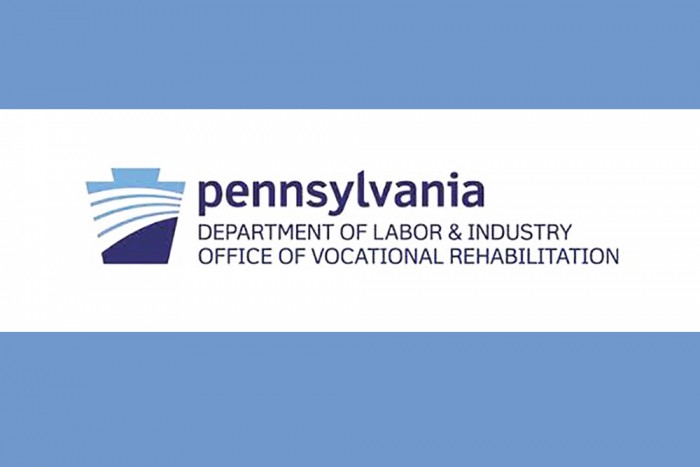Governor Shapiro Signs Executive Order to Improve Commonwealth Licensing & Certification Processes
Governor Shapiro is directing all state agencies, boards, and commissions to compile a catalog of the licenses, certificates, and permits they issue – including the statutory authority governing the length of time they must process applications and the application fee charged by each agency. Commonwealth agencies will have 90 days to send this information to the Governor’s Office, which will then review, analyze, and establish efficient application processing times for all occupational permits or licenses based on agency recommendations. Once those recommendations are put in place, if an agency does not respond to an applicant before the date-certain, the agency will be required to refund the application fee.
Under this Executive Order, the Governor’s Office will also conduct a review of the existing digital services that Pennsylvanians use to apply for licenses, certificates, and permits and work to modernize those application platforms and services to better serve Pennsylvanians.
Unpredictability and long wait times for Commonwealth-issued licenses, certificates, and permits can create unnecessary barriers for Pennsylvania workers and businesses. For example, an NPR analysis from 2021 found that Pennsylvania had some of the longest wait times in the country for issuing nursing licenses. More than half of the nursing applicants who applied in Pennsylvania that year waited at least three months to hear back.
In addition to nursing licenses, the Commonwealth issues hundreds of licenses, certificates, and permits, from barber and salon licenses to teacher certifications to business permits. Under the direction of the Governor, the Administration will work expeditiously to ensure Pennsylvanians get responses in a timely manner — and the Shapiro Administration will have real skin in the game. Governor Shapiro is making clear his Administration will be customer-service oriented and that state government will work harder to get them a response, so that they can pursue their dreams.
Read Executive Order 2023-07, Building Efficiency in the Commonwealth’s Permitting and Licensing Processes, here.

















